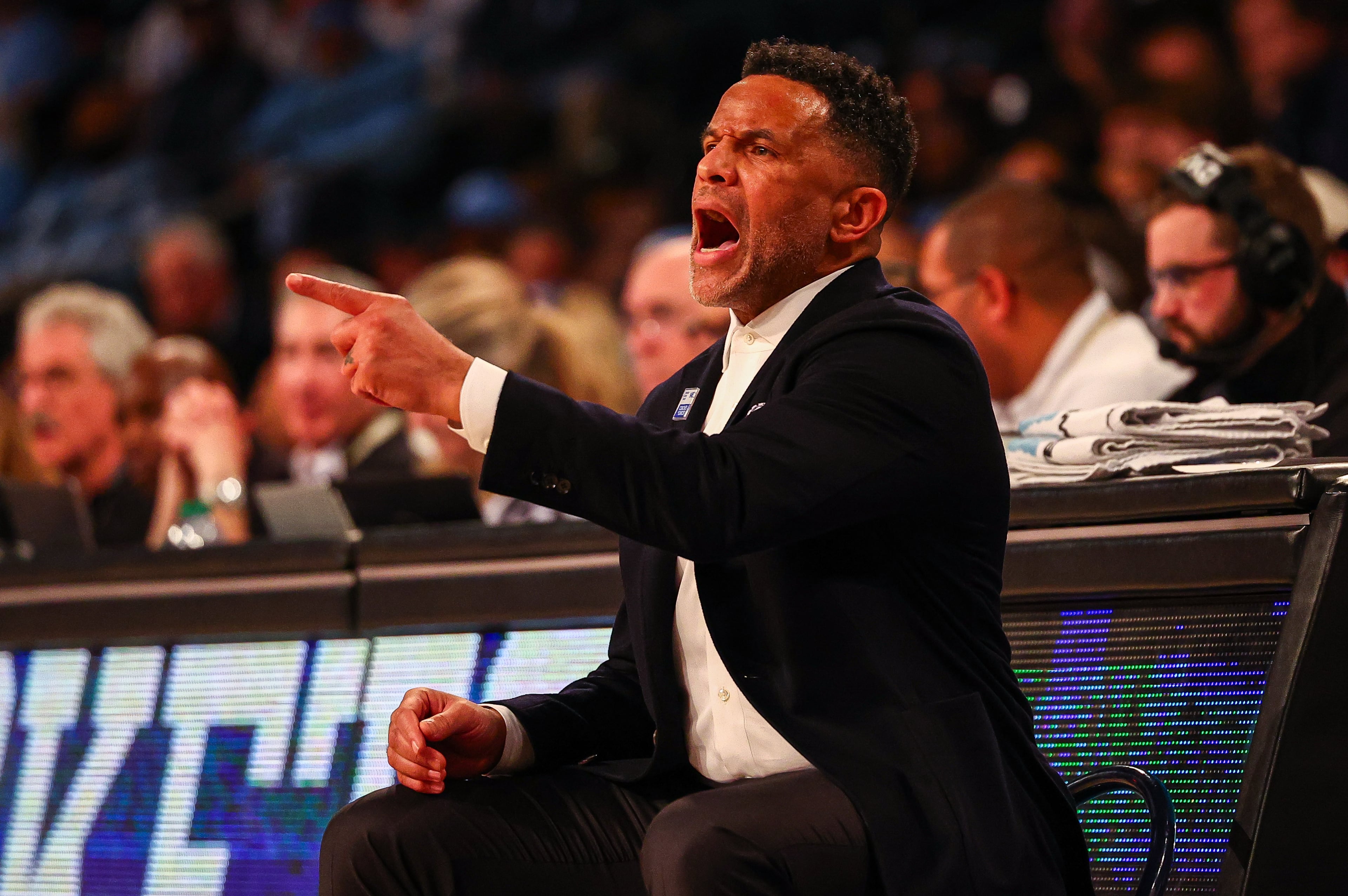Nebraska, Minnesota, San Jose State take 5-7 records to bowl

Nebraska, Minnesota and San Jose State are being rewarded for their work in the classroom, not for what they did on the football field.
Those were the three 5-7 teams needed to fill out the record 80 bowl slots, and on Sunday they found out their destinations.
Nebraska will play UCLA (8-4) in the Foster Farms Bowl on Dec. 26 in Santa Clara, California. Minnesota is matched against Central Michigan (7-5) in the Quick Lane Bowl on Dec. 28 in Detroit. San Jose State goes across the country to meet Georgia State (6-6) in the Cure Bowl on Dec. 19 in Orlando, Florida.
From 2001 through 2014, a total of four teams went to bowls with losing records.
But this year only 77 teams had at least six victories and a .500 record — the minimum to be eligible for a bowl bid — so the three 5-7s received bids.
The NCAA approved a plan last week to fill the open slots with five-win teams based on their Academic Progress Ratings for 2013-14, the most recent scores available. Nebraska (985) was tops among those teams and was eager to get a chance to play another game.
Missouri (976) was second in line, but it announced earlier in the week it would not accept a bid at 5-7. With Kansas State (976) defeating West Virginia to get to 6-6 on Saturday, Minnesota was next up at 975, tied with San Jose State.
The idea of losing teams going to bowls has been chided by pundits and even some fans of the 5-7 teams. They say if a team can't go .500, it doesn't merit a bowl.
Football Bowl Association executive director Wright Waters said he's happy to see the APR used to fill in the openings.
"It sends a message to teams that says, 'Hey, take care of your academics, because it might make a difference down the road,' " Waters said. "Isn't it wonderful we're rewarding instead of penalizing someone for academics?"
San Jose State was sanctioned after its 2008 APR dipped to 888. Now the Spartans are in a bowl as one of the high-achieving academic teams.
"It's pretty good that if the NCAA had to, on a rare year, dip and take a team from the five-win category, let's reach into the people who are doing it right from an academic standpoint," Spartans coach Ron Caragher said.
The bowl bids are important for all teams because they can continue practice. That's a huge bonus for 5-7 teams like Nebraska, where first-year coach Mike Riley's team fell well short of expectations.
"The bowl practices and additional game will allow us to continue to build as a program," Riley said.
The Foster Farms is among three teams in the second tier of Big Ten bowls and was the last of those to choose. Executive director Gary Cavalli said his bowl could have chosen Nebraska or Minnesota or picked a six-win team from outside the Big Ten.
"Clearly, from the get-go, the decision was to stay with the Big Ten," Cavalli said.
Nebraska got the edge over Minnesota because, he said, there is greater interest in the Huskers in the Bay Area and that UCLA is a program with which Nebraska has some history.
By going to the Quick Lane, Minnesota is in a bowl for the fourth straight year. The Gophers will be playing their fifth game under Tracy Claeys, the former defensive coordinator who took over as head coach after Jerry Kill retired for health reasons Oct. 28. Claeys has since been named full-time coach.
San Jose State of the Mountain West Conference slid into the Cure Bowl because the American Athletic Conference couldn't provide a team. All eight bowl-eligible AAC teams were spoken for after Houston made it to a New Year's Six game.
Caragher certainly isn't apologizing for going to a bowl at 5-7. His 2013 team went 6-6 and didn't go to a bowl.
"Life sometimes balances out," Caragher said. "Sometimes things happen in a roundabout way. We were so close on a couple games you could easily flip our record — a two-point loss to BYU, overtime loss to Nevada. I feel like we were right there as a 6-6 or 7-5 team. We came up short."
It's the second straight year a Mountain West team has gone to a bowl with a losing record. Fresno State was 6-7 after losing the 2014 league title game but was assured a bowl because of a conference rule guaranteeing a bid to a division champion.
The NCAA granted waivers to 6-7 teams in Georgia Tech in 2012 and UCLA in 2011 after both had appeared in their conference's championship games. North Texas in 2001 became the first five-win team to play in a bowl because it was the Sun Belt Conference champion.

